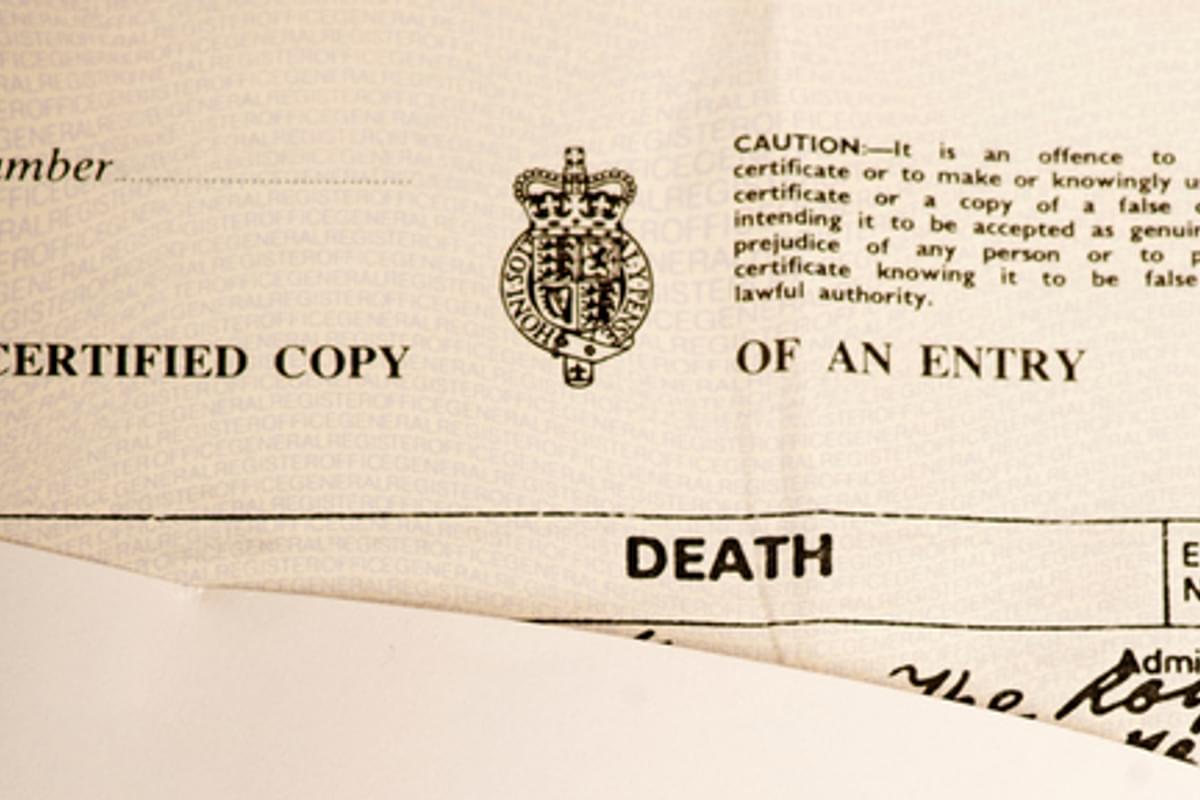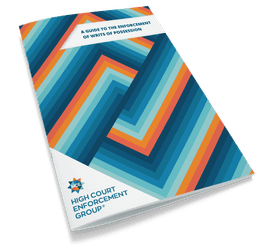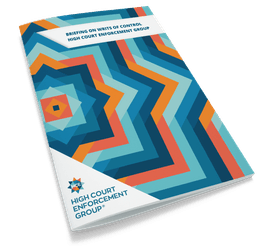Enforcement where the debtor or creditor is deceased

Shakespeare wrote in several plays that death cancels debt, for example Stephano in the Tempest states that “He that dies pays all debts.”
In the modern world, debt does survive beyond death. Debts are only discharged on death if a provision has been put in place, such as an insurance policy to pay off a mortgage.
Deceased judgment creditor
If the creditor has already been awarded judgment and the writ of control has been issued, then their personal representative/executor can proceed with enforcement without requiring any further permission from court.
However, if the writ has not been issued, then their personal representative will need permission from the court to proceed with the application for the writ. This is covered by RSC Order 46, r.2(1) (b).
Deceased judgment debtor
Likewise, if the judgment and writ of control were issued before the judgment debtor’s death then enforcement can proceed by taking control of the goods held by the personal representative on behalf of their estate.
If the writ of control had not been issued before the debtor’s death, court leave is required under RSC Order 46, r.2(1)(c) before the writ can be issued.
Enforcement will then proceed as normal. The enforcement agent may only take control of goods belonging to the estate and any surplus after sale will be returned to the estate.
However, if there are insufficient goods in the estate to cover all the debts, the estate will be insolvent and the creditor (or creditors jointly) can present a petition to court for an insolvency administration order.
RSC Order 46, r.2(1)
A writ of execution to enforce a judgment or order may not be issued without the permission of the court in the following cases, that is to say –
- Where 6 years or more have elapsed since the date of the judgment or order;
- Where any change has taken place, whether by death or otherwise, in the parties entitled or liable to execution under the judgment or order;
- Where the judgment or order is against the assets of a deceased person coming to the hands of his executors or administrators after the date of the judgment or order, and it is sought to issue execution against such assets.



